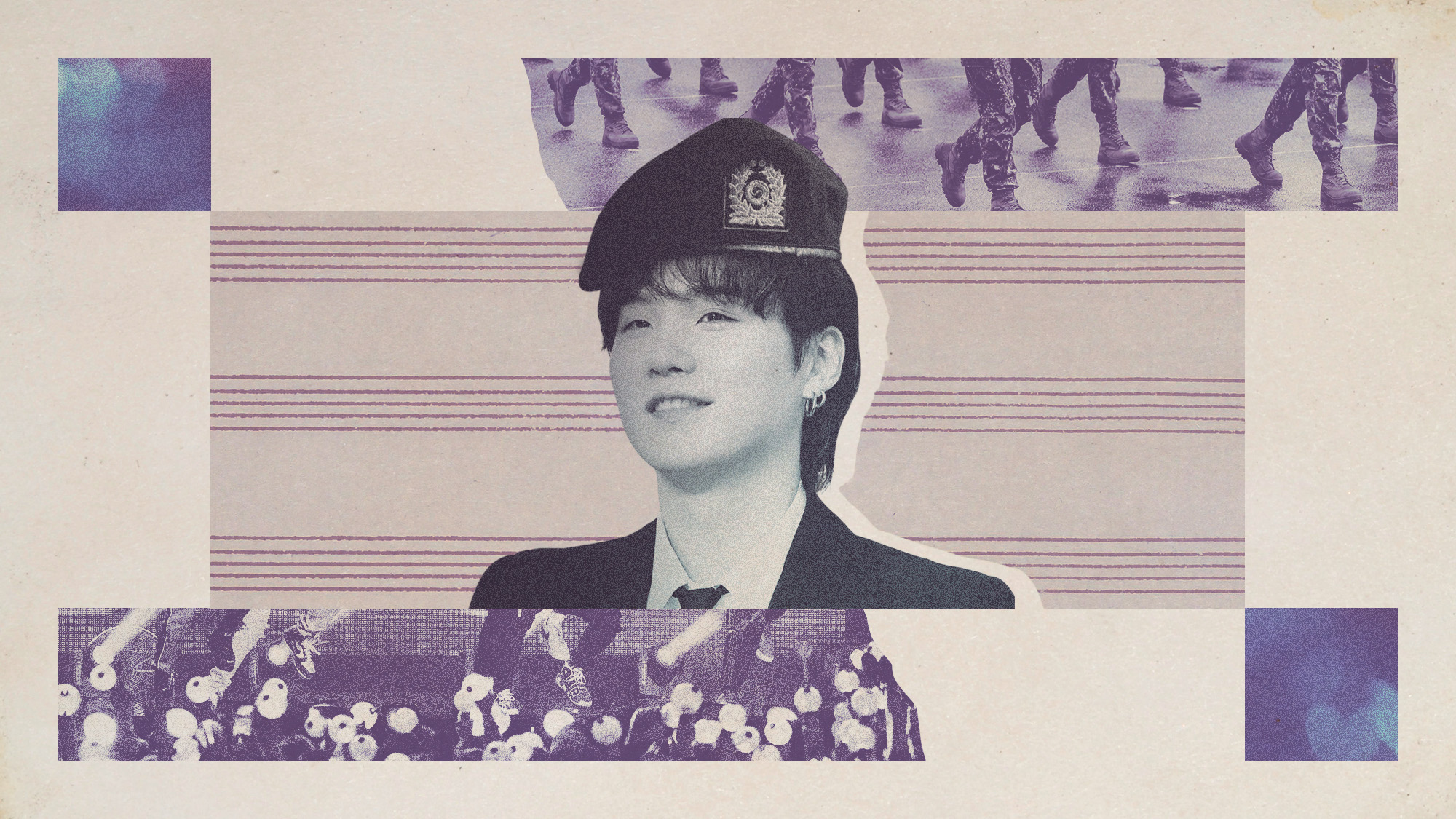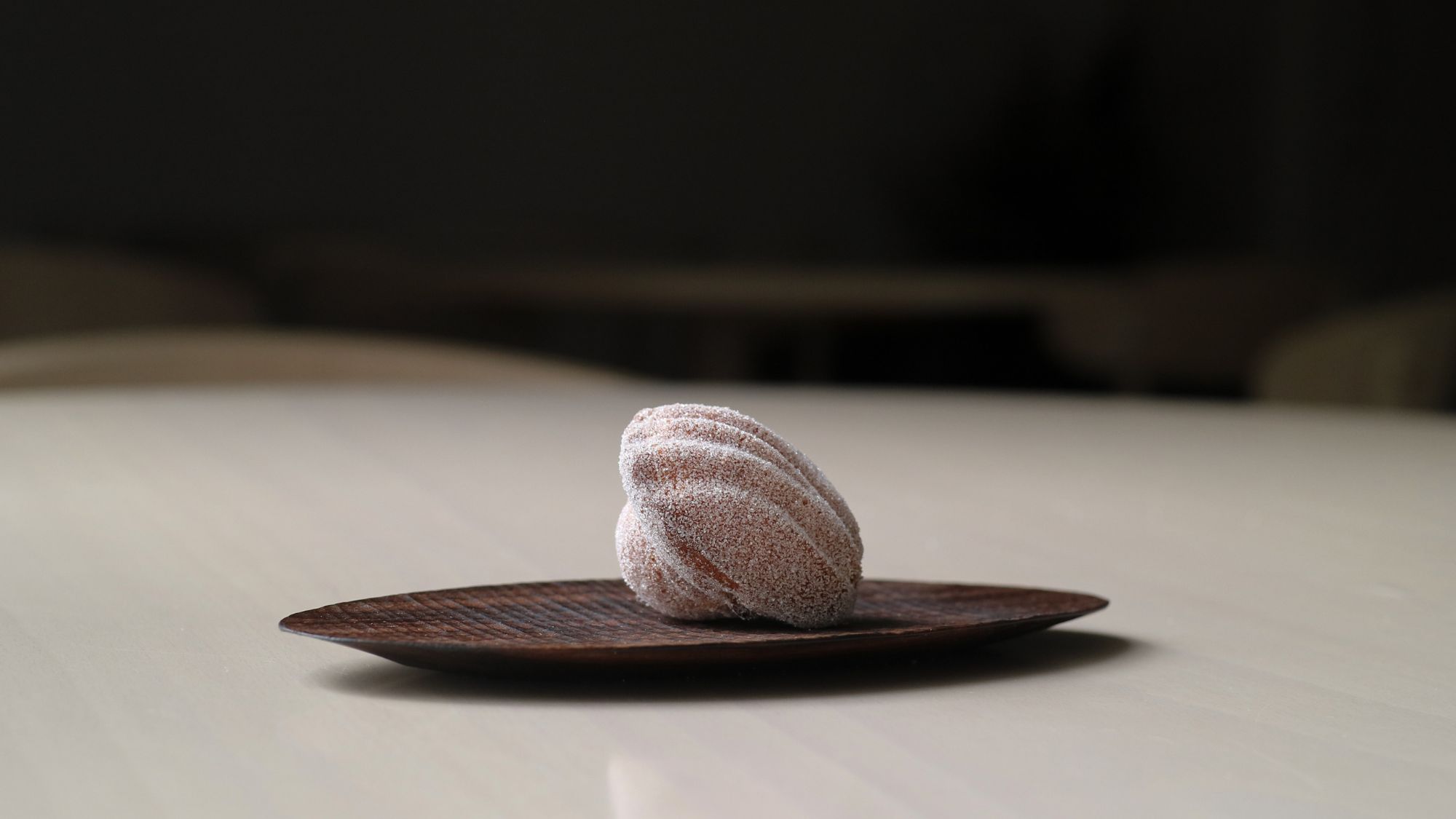What is K-pop? South Korean music goes global
Take a look inside the music industry whose top super-group is worth more than One Direction

A free daily email with the biggest news stories of the day – and the best features from TheWeek.com
You are now subscribed
Your newsletter sign-up was successful
Most Brits' knowledge of South Korean music ends at Gangnam Style, the viral sensation that has racked up 2.6 billion views on YouTube since 2012. However, a growing subculture dedicated to Korean pop music – known as K-pop – is taking root among music fans around the world.
So what is it?
Upbeat tunes, family-friendly lyrics and fiendishly catchy hooks are the hallmarks of a K-pop hit. Songs are usually paired with big-budget videos in which perfectly groomed girl or boy bands show off flawless choreography in front of elaborate sets.
The Week
Escape your echo chamber. Get the facts behind the news, plus analysis from multiple perspectives.

Sign up for The Week's Free Newsletters
From our morning news briefing to a weekly Good News Newsletter, get the best of The Week delivered directly to your inbox.
From our morning news briefing to a weekly Good News Newsletter, get the best of The Week delivered directly to your inbox.
[[{"type":"media","view_mode":"content_original","fid":"98578","attributes":{"class":"media-image"}}]]
[[{"type":"media","view_mode":"content_original","fid":"98549","attributes":{"class":"media-image"}}]]
To understand the rise of K-pop, it must be placed in the context of the wider spread of South Korean culture across Asia since the late 1990s. "Korean TV dramas and, to a lesser extent, Korean films have, along with Korean pop music, become staples in markets formerly dominated by Japan and Hong Kong," a phenomenon referred to in Korean as "hallyu" or "flow of Korea", says the New Yorker.
K-pop's popularity in the West remains limited to a small but passionate minority, but its global selling power should not be underestimated – the second album from EXO, Korea's biggest boyband, outsold One Direction's Four to become 2015's fifth biggest-selling album in the world.
A free daily email with the biggest news stories of the day – and the best features from TheWeek.com
[[{"type":"media","view_mode":"content_original","fid":"98577","attributes":{"class":"media-image"}}]]
Like the sprawling online subculture that sprang up around 1D, the hype surrounding K-pop's top acts goes far beyond their music. "No one does fandoms like K-pop," says Dazed, noting that one website hosts more than 132,000 stories about EXO written by their fans.
Underneath the tween-friendly bubblegum vibe, however, is a dark underbelly. Every aspect of the industry is carefully manufactured by music executives, who scout teenagers to undergo the rigorous training needed to become a K-pop star.
Commonly referred to as 'idols', K-pop singers are often subject to strict rules regarding their personal life to conform to a perfectly managed public persona. They are expected to be clean-cut girls or boys "next door" and being caught clubbing, smoking or even dating can be career-ending.
The relationship between idols and plastic surgery has also come under scrutiny. One in five South Korean women has gone under the knife and although the phenomenon predates the K-pop boom, many believe the music industry has contributed to its normalisation. In its most blatant crossovers, K-pop stars have even starred in adverts for plastic surgery clinics.
James Turnball, who writes about feminism and pop culture in South Korea, told The Atlantic: "The idea here is that you like the appearance of the 'idols' and you should try and look like them."
-
 What to know before filing your own taxes for the first time
What to know before filing your own taxes for the first timethe explainer Tackle this financial milestone with confidence
-
 The biggest box office flops of the 21st century
The biggest box office flops of the 21st centuryin depth Unnecessary remakes and turgid, expensive CGI-fests highlight this list of these most notorious box-office losers
-
 The 10 most infamous abductions in modern history
The 10 most infamous abductions in modern historyin depth The taking of Savannah Guthrie’s mother, Nancy, is the latest in a long string of high-profile kidnappings
-
 Bad Bunny, Lamar, K-pop make Grammy history
Bad Bunny, Lamar, K-pop make Grammy historySpeed Read The Puerto Rican artist will perform at the Super Bowl this weekend
-
 Four Seasons Seoul: a fascinating blend of old and new in South Korea
Four Seasons Seoul: a fascinating blend of old and new in South KoreaThe Week Recommends Located right in the heart of the action, this classy hotel is the perfect base to explore the capital
-
 The 5 best zombie TV shows of all time
The 5 best zombie TV shows of all timeThe Week Recommends For undead aficionados, the age of abundance has truly arrived
-
 South Korea highlights: ancient history meets modern culture
South Korea highlights: ancient history meets modern cultureThe Week Recommends From the bright lights of Seoul to Busan's beaches and the 'living museum' of Gyeongju, this tour offers a taste of a unique heritage
-
 Feel the groove with these music-centric getaways across the globe
Feel the groove with these music-centric getaways across the globeLet the rhythm move you
-
 How military service works for K-pop idols
How military service works for K-pop idolsUnder The Radar All seven members of K-pop sensation BTS have now completed mandatory national service
-
 Bomee Ki's Kugelhopf madeleines recipe
Bomee Ki's Kugelhopf madeleines recipeThe Week Recommends Fluffy, sweet sponge cakes with a zesty, rum twist
-
 Soju: where to start with South Korea's national spirit
Soju: where to start with South Korea's national spiritThe Week Recommends The rice-based drink can replace gin or vodka in traditional cocktails for a refreshing twist on the classics